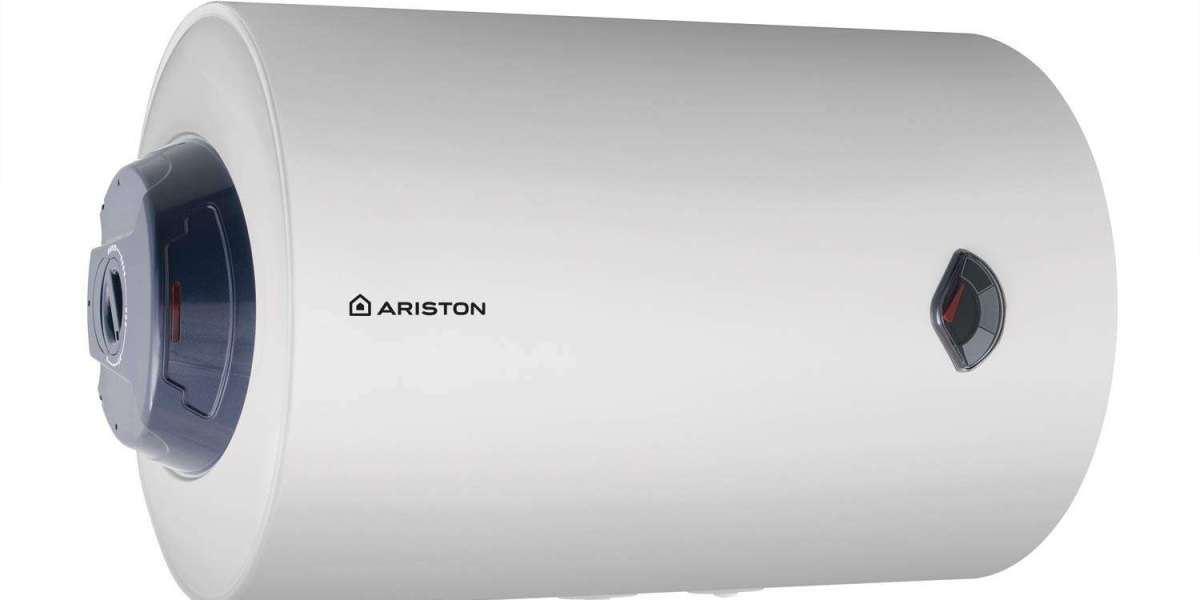A reliable water heater is essential for modern comfort—whether it’s a warm morning shower or hot water for cleaning dishes. With multiple types and technologies available today, understanding how water heaters work and which one fits your needs can help save money and improve energy efficiency.
In this guide, we’ll explore the various types of water heaters, their pros and cons, how to choose the best model, and practical maintenance tips to extend the life of your unit.
Types of Water Heaters
1. Tank Water Heaters
These are the most traditional models and store hot water in a tank ranging from 20 to 80 gallons. They are:
- Affordable upfront
- Easy to install
- Ideal for families with consistent hot water needs
However, they consume more energy because they constantly keep the water heated—even when not in use.
2. Tankless Water Heaters
Also known as on-demand water heaters, these units heat water only when needed.
- Energy-efficient
- Compact design saves space
- Unlimited hot water supply
The initial cost is higher, but long-term savings on energy bills make them a popular choice for modern homes.
3. Heat Pump Water Heaters
These models use electricity to move heat from the air or ground to heat your water.
- Highly efficient
- Ideal for warm climates
- Lower operating costs
They do require more installation space and may not be as effective in colder areas.
4. Solar Water Heaters
These systems use solar panels to capture energy from the sun to heat water.
- Eco-friendly and cost-effective over time
- Best for sunny regions
- Potential tax credits and incentives
They require a significant upfront investment and backup systems for cloudy days.
How to Choose the Right Water Heater
Choosing the right water heater depends on your:
- Household size
- Water usage habits
- Energy source availability
- Budget
For instance, a tankless water heater is great for small households or if you're upgrading for energy efficiency. In contrast, a tank water heater may still be practical for larger homes with higher daily usage.
Water Heater Maintenance Tips
Regular maintenance can improve performance and extend the lifespan of your water heater. Here are some essential tips:
- Flush the tank annually to remove sediment build-up.
- Check the anode rod every 2-3 years to prevent rust.
- Inspect the pressure relief valve for safety.
- Insulate the pipes and tank to retain heat.
- Schedule professional inspections for tankless or complex systems.
Benefits of an Efficient Water Heater
- Lower energy bills
- Reliable hot water access
- Reduced environmental impact
- Fewer emergency repairs
- Increased home resale value
Conclusion
Investing in the right water heater can significantly improve your home’s comfort, energy efficiency, and monthly savings. Whether you choose a tank, tankless, solar, or hybrid model, understanding your options and performing regular maintenance ensures you get the most out of your investment.
FAQs About Water Heaters
Q1: How long does a water heater last?
Most water heaters last between 8–15 years, depending on the type and maintenance.
Q2: What size water heater do I need?
A family of 4 typically needs a 50–60-gallon tank, or a tankless system with a flow rate of 8–10 GPM.
Q3: Is a tankless water heater worth it?
Yes, especially if you value long-term energy savings, space-saving, and on-demand hot water.
Q4: Can I install a water heater myself?
While DIY is possible for experienced homeowners, professional installation is recommended for safety and compliance.



